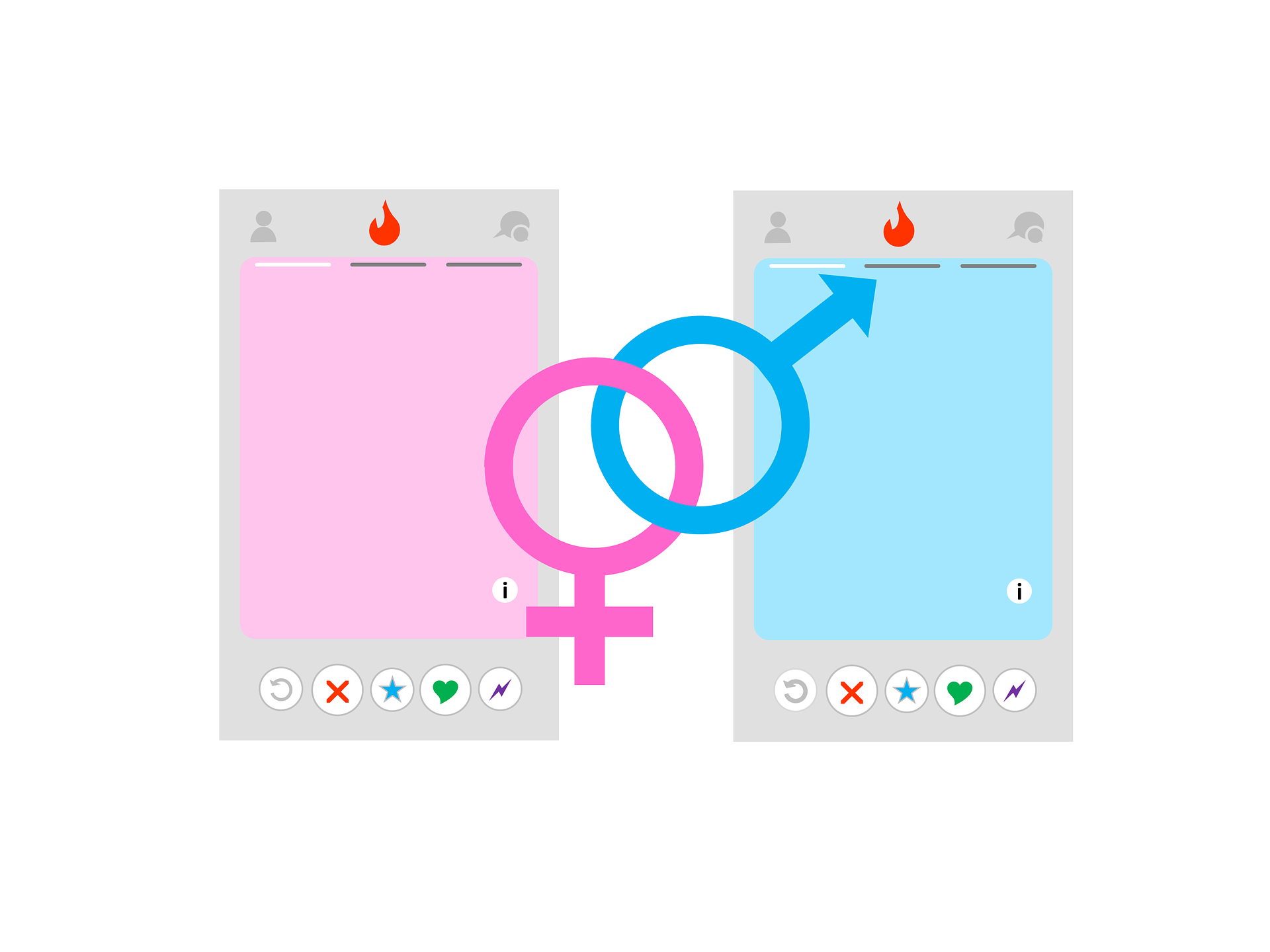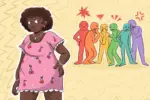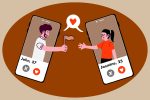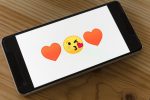Dating apps such as Tinder, Bumble and Plenty of Fish (POF) are changing dating patterns and habits. Instead of traditional ways of courtship, individuals are meeting others online. Today, millions of users download such apps to connect with other singles. Matching on these apps rely on an algorithm, in which a score is assigned to each user. This score depends on the number of swipes or likes received. People with similar scores are matched together.
However, if that wasn’t enough, imagine if a dating app was to determine matching based on each person’s genetics. Harvard geneticist George Church announced that he has decided to partner with Barghavi Govindarajan’s digid8 to create a DNA-based dating app. The product’s end goal is to avoid the births of people who could inherit severe genetic diseases. Matches are determined by whether individuals are dominant or recessive carriers of certain genes. Incompatible or screened-out matches are those that, in the event of pregnancy between the two people, would result in severe illnesses that could lead to premature death and strenuous pain for the offspring. Approximately 5% of the matches would be ruled out, but according to Church, about 7,000 genetic diseases such as Tay-Sachs disease, cystic fibrosis, sickle cell anemia and thalassemia would be eliminated by using digiD8. This would lead to huge savings in medical costs and expenses. It would also play a significant role in affecting health and longevity in the long run.
What About Eugenics?
After Church’s “60 Minutes” appearance, many are outraged about the potential harms of digiD8. Many liken his idea to eugenics, a set of beliefs that promotes the improvement of the genetic quality of the human population through means of forced sterilization, breeding and extermination. This ideology was ultimately promoted by the Nazis to create a pure Aryan race. Fordham ethics professor Elizabeth Yuko claims that by having a DNA-based app, humans would be classified into a group of “acceptables” and another that was classified as “the others.” A slippery slope would emerge as trans people, people of certain races, along with the disabled and chronically sick would be further socially stigmatized. They would be targeted for being different and diversity would be reduced. Standards of perfection would also be imposed, instead of accepting the beauty in human flaws and the uniqueness in individuals’ appearances.
Despite that, Church claims that the app had no intentions of trying to categorize certain individuals as inferior, and that unlike eugenics, which was forced on different human beings, the app will rely on its users’ consent.
Security and Privacy Concerns
Like other forms of tech, there are additional concerns regarding privacy and data security. Many are unsure if the company would misuse the results for their own economic gain. App developers could utilize genetic research about complex traits to program the app for their own purposes. The data could also be sold to biomedical companies and firms without informing users.
Another valid concern pertains to data protection, as many DNA testing companies such as MyHeritage Ancestry have faced scrutiny for data breaches. The usernames, passwords, emails and account information of over 92 million users were compromised. Thankfully, no actual genetic data was leaked. If information about people’s DNA and genes were leaked, hackers could profit illegally from selling and copying genetic code, as well as individuals’ health histories. In the FAQ for the app, Church has stated that the app would rely on encryption and blockchain to keep the data safe.
What the Future Holds
The app is still a work in progress. When digiD8 is finally released, it will be interesting to see how people respond to it. There are some who might be interested in finding love based on genetics. Others who are less interested about reproduction might overlook such an app. Pending research would have to be done to observe the correlation between love and DNA.
Besides that, it’s important to observe how law will respond to this technological catalyst. How will laws address issues that arise from the dating app?
















